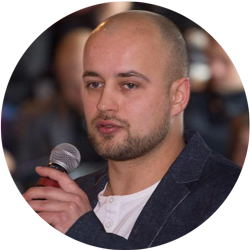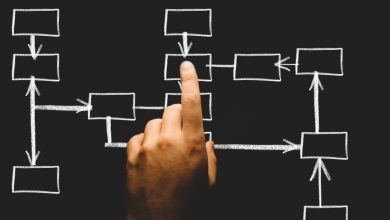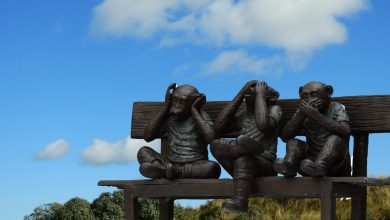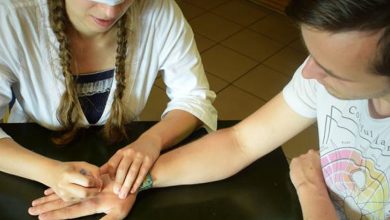Recognize emotions
Emotional intelligence is one of the tools of a trainer working who works in the youth work field. To be able to train the emotional intelligence of young people, youth workers and other educators you have to be aware of your own emotions. Also you should be able to recognize emotions of other people. You can train your skills to recognize emotions of yourself and others.

Why did I choose this tool?
This method will allow the trainer to analyse the emotions of others and himself. Also it will widen the vocabulary of emotions that the trainer is using.
How does this apply to being a trainer?
Working in training programs which are based on group processes, self-analysis and analysis of difficult cases, for example: EVS trainings, training courses on group dynamics or youth worker training. It is essential for a trainer to be able to understand what the participants are experiencing and how do they feel. The ability to understand the emotions of the participants is necessary to respond correctly to their questions and reactions. The ability to demonstrate our own emotions and the awareness of them in front of the group, allows us to create stronger relationships with the participants.
Main content:
There are 3 variations of how you can train your ability to read emotions, or 3 steps, if you want to strengthen this particular ability.
In this activity you have to use the Feelings Wheel (see the picture (attached bellow)). It is recommended to first use this tool in your native language as it will be easier to recognize emotions. The tool in the English language will also contribute to increasing your vocabulary of emotions.
First of all, analyse the discuss, clarify if you understand all the emotions.
Task 1: Watch the video of the band Gotye “Somebody that I used to know”
While watching the video (note for yourself) notice the emotions of the male character and also those of the female character. Repeat it at least 2 times. Also, you can watch the video (in silent mode) on mute and note down the emotions.
Moreover, you can watch other music videos with a storyline, or an episode of drama TV series, where 2 or more people have a conversation, argument (or other) etc.
Task 2: Remember a personal story, where you experienced strong emotions. It can be a story with positive, negative or sad emotions. Mark the emotions you have experienced in a discussion of emotions.
Task 3: For this task you will need a partner. Both of you have to implement the task 2. After that tell the story you remembered to each other. While telling the story don’t use the titles of or name the emotions, just tell the facts about what has happened. After one of you tells his story to the other. The listener has to mark the emotions of the storyteller in the feelings wheel. Finally, compare what the storyteller marked for himself and which emotions did the listener recognized. Then change the roles.
Reflection questions:
- Which emotions were new for you to discuss? Name them.
- Assess your ability to read your own emotions and emotions of others. What is challenging for you?
Exercises:
How to apply it in everyday life:
When working with your ability to recognize emotions have the discuss with you. After a training day, analyse your own emotions. Try to name how participants feel during the day, you can do it together with a colleague.







